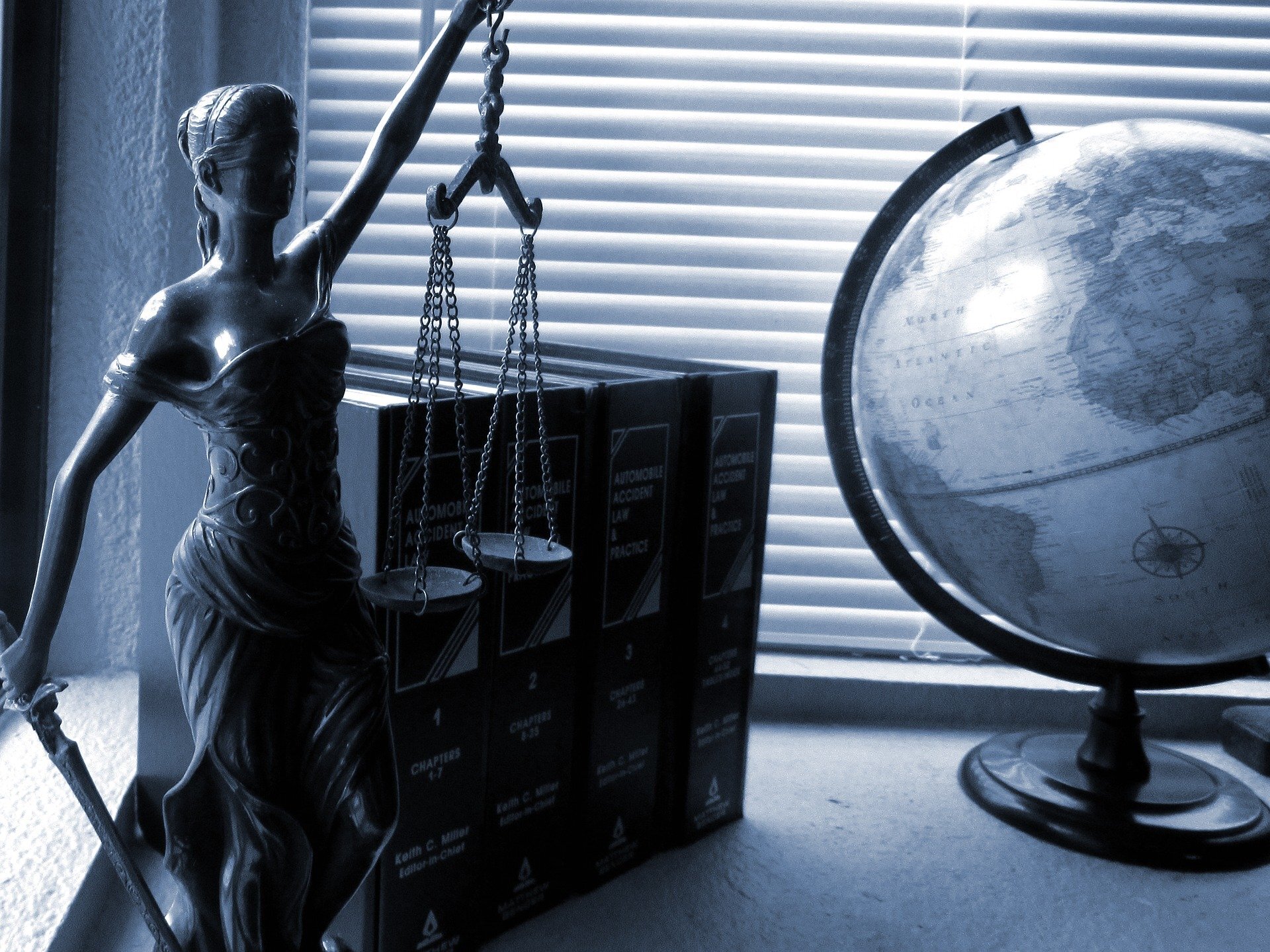I began to write an update about my podcast, just to let listeners know when the new season will begin and what we’ll be doing differently. But then, the Capitol building was attacked – by Americans. I stopped working and glued myself to the news coverage; that’s where I have remained for days.
This podcast has always been focused on providing perspective about how to handle a public crisis, which involves interacting with news media. We’ve discussed the good and bad about public relations practitioners as well as news media, and we have recognized the outstanding and impactful work of journalists. Journalists have been our guests because we enjoy hearing about their work and the ensuing discourse about our respective areas of work. But like so many, we have sometimes taken for granted the importance of journalism and specifically the sacrifice of those who work in news gathering. We also forget they are human beings with families and struggles like everyone else.
Today, I post a letter of gratitude to journalists – most especially to those who last week risked their lives – yes, literally risked their lives on Wednesday so the rest of the world could see the horrors of what was happening. If it hadn’t been for journalists, we would not have seen in real time the doors and windows of the Capitol being shattered by a stampede for wrongful entry, a police officer being beaten by rioters who used the American flag as their weapon, the shocking display of the Confederate flag actually inside the Capitol, or the remarkable heroism of a Black Capitol police officer who deliberately led rioters away from members of Congress and probably saved lives. I note that the officer was Black because he stood up to a crowd of white supremacists.
Without news organizations, we would have no one to force elected officials to share public health information associated with the coronavirus pandemic and to keep us aware of the scope of its threat.
The past four years in politics have been exhausting. As an American citizen, I don’t have the time to regularly focus on how our government is running. It is the mainstream news media that I count on to challenge the White House (including its spokespeople), members of Congress, and all the decision-making and behavior of the leaders of this country and in local government - now more than ever. So again, I say, “Thank You.”
Podcast Update:
The podcast is one of my favorite aspects of my business. There’s nothing better, especially now, to have great conversation, learn something new and certainly to have a few laughs. But my podcast mentor and partner, Tom Jelneck, sold his successful digital marketing company, which included the podcast studio and service. Wow! Something good happened in 2020! He’s super happy – what entrepreneur wouldn’t be thrilled about building a successful business from the ground up only to have someone else see the vast potential and invest in it.
So, for now, just like my business wardrobe, Stop Talking is on hiatus. I’m in the process of making new production arrangements while simultaneously taking advantage of the quiet time to update the format and expand the conversations. I remain flattered and overwhelmed by the support, comments, questions and requests to appear as a guest on the podcast.
So, don’t touch that dial. Don’t turn the channel - just stay tuned. The podcast will return soon so we can all start talking again.





